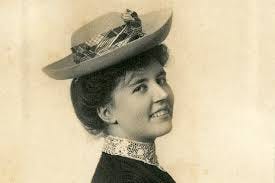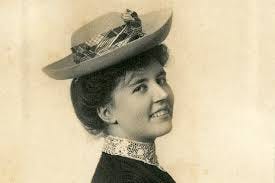Ever since I wrote Writing From Life: Telling the Soul’s Story, I have spent a great deal of time thinking about the importance, for women, of writing our own stories: documenting our lives, our passions, our hopes, our achievements. I’ve done my share of this personal work. Together, Alone: A Memoir of Marriage and Place is my story about twenty-plus years of life in the Texas Hill Country. And An Extraordinary Year of Ordinary Days is the journal of one year of my life—2008, which turned out to be an astonishing year in the life of our country.
Writing women’s lives is a fascinating project, for our experiences are rich in unexpected secrets, unexplored depths, and unrecognized achievements. I spent nearly two decades researching the life of a particular woman, and I’d like to share with you what I’ve learned about this process, illustrated by what I’ve learned about her.
She was Rose Wilder Lane (1886-1968), the daughter and only of Laura and Almanzo Wilder—little kn…
Keep reading with a 7-day free trial
Subscribe to Thyme, Place & Story to keep reading this post and get 7 days of free access to the full post archives.




